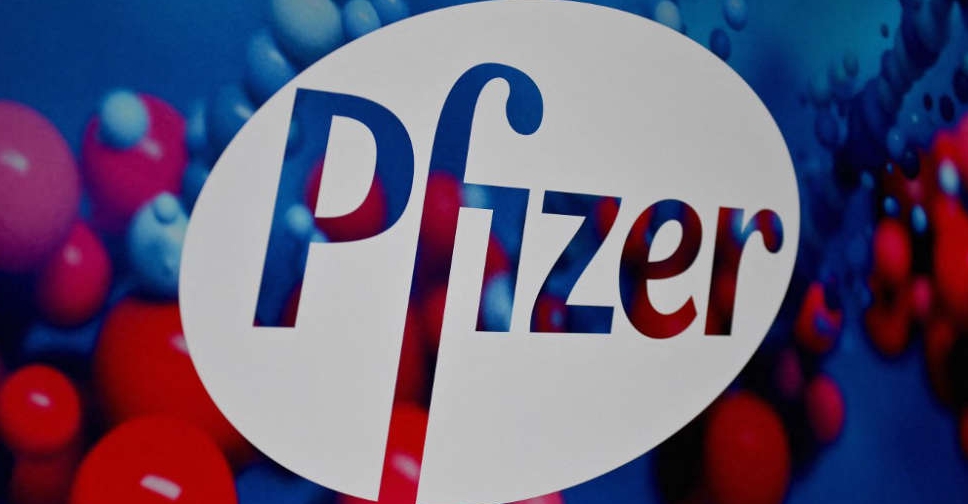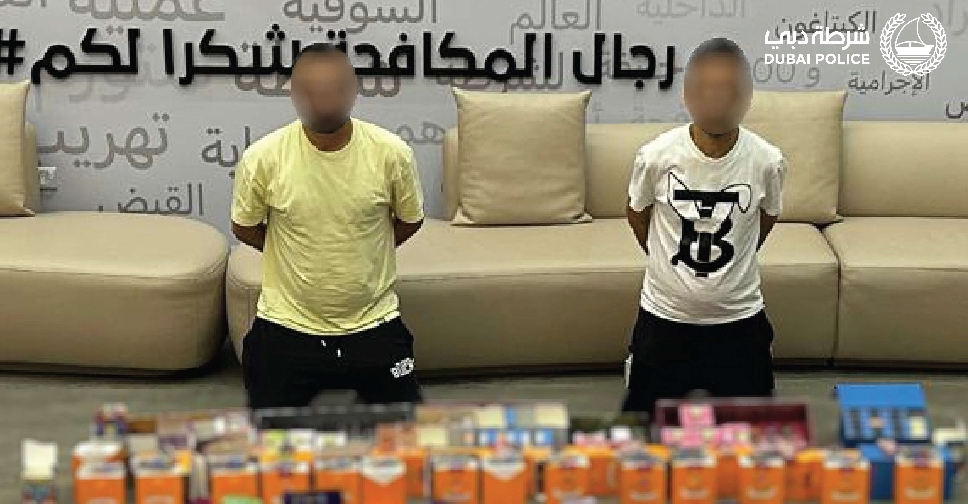
A trial of 3,000 adults found that Pfizer's COVID-19 oral antiviral treatment Paxlovid did not effectively prevent coronavirus infection in people living with someone infected with the virus.
The subjects in the trial were household contacts exposed to an individual who was experiencing symptoms and had recently tested positive for COVID-19. They were either given Paxlovid for five or ten days or a placebo.
Those who took the five-day course were found to be 32 per cent less likely to become infected than the placebo group. That rose to 37 per cent with ten days of Paxlovid. However, the results were not statistically significant and thus possibly due to chance.
Pfizer said safety data in the trial were consistent with previous studies, which had shown the pills to be nearly 90 per cent effective at preventing hospitalisation or death in COVID patients at high risk of severe illness when taken for five days shortly after symptom onset.
“While we are disappointed in the outcome of this particular study, these results do not impact the strong efficacy and safety data we’ve observed in our earlier trial for the treatment of COVID-19 patients," Pfizer Chief Executive Albert Bourla said in a statement.
Pfizer said Paxlovid, which consists of two different antiviral drugs, is currently approved or authorised for conditional or emergency use in more than 60 countries across the globe to treat high-risk COVID-19 patients.
Sales of Paxlovid, part of a class of drugs known as protease inhibitors, are projected to reach $24 billion (AED 88.15 billion) this year, according to Wall Street forecasts compiled by Refinitiv.
Shares of Pfizer, which fell 3 per cent in regular trading, were down another 1 per cent at $48.53 (AED 178.25) after hours.


 Trump urges Hamas to accept 'final proposal' for 60-day Gaza ceasefire
Trump urges Hamas to accept 'final proposal' for 60-day Gaza ceasefire
 Iran enacts law suspending cooperation with UN nuclear watchdog
Iran enacts law suspending cooperation with UN nuclear watchdog
 Two die in Spain wildfire, two deaths in France from European heatwave
Two die in Spain wildfire, two deaths in France from European heatwave
 Paramount settles with Trump over '60 Minutes' interview for $16 million
Paramount settles with Trump over '60 Minutes' interview for $16 million
 Putin, Macron discuss Iran, Ukraine in first phone call in nearly 3 years
Putin, Macron discuss Iran, Ukraine in first phone call in nearly 3 years




